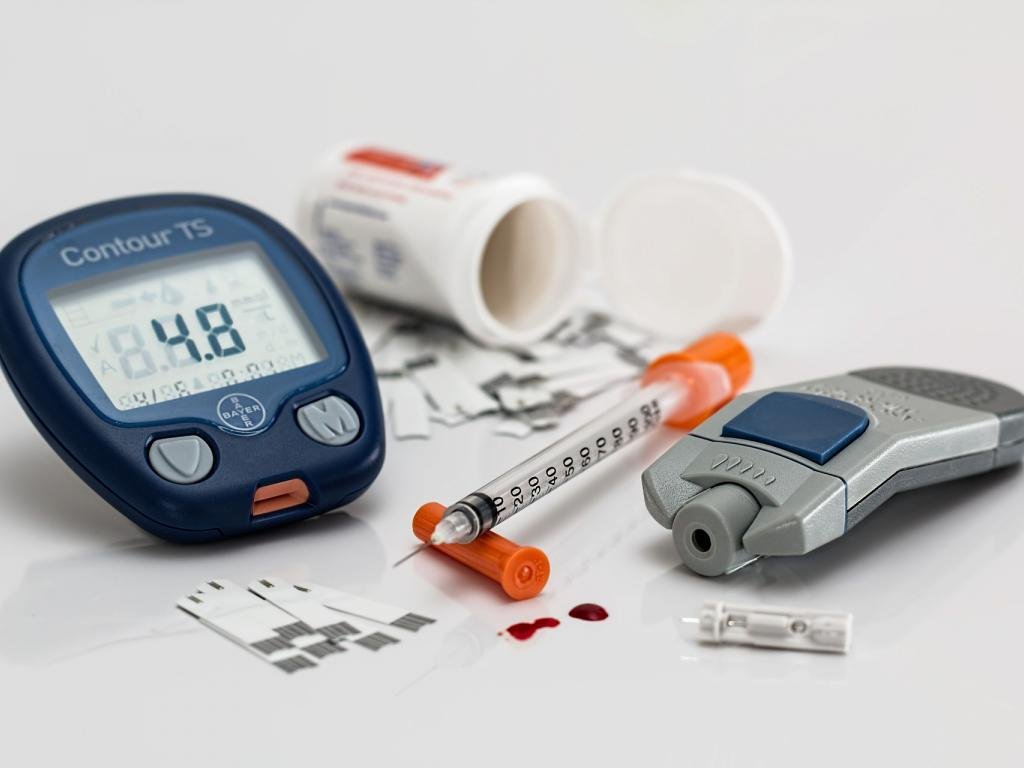RSSDI partners with Wellthy Therapeutics
November 15, 2017 | Wednesday | News
First made-in-India “digital pill” to undergo South Asia’s first-of-its-kind clinical trial for Diabetes
Research Society for the Study of Diabetes in India (RSSDI) recently launched the #WeDiDiT (Wellthy Digital Diabetes Therapy) trial.
RSSDI has more than 5500 life members from 29 Indian States and Union Territories. It is actively involved in updating the knowledge and skills of physicians. Each chapter carries out independent activities including CMEs for member physicians, local research grants, and awareness programs for public as well as diabetes patients.
RSSDI is also actively involved in diabetes awareness programs which focus on creating awareness about various aspects of diabetes among diabetes patients and their families and population at large.
Wellthy Therapeutics is a digital therapeutics company that uses artificial intelligence (AI) and patient centric design to improve patient outcomes for all stakeholders in diabetes care.
Wellthy’s clinical pilots and data have shown early validation, and it has a proven record of publishing clinical evidence. It recently published real world data at the RSSDI 44th Annual conference in Hyderabad, India & the RSSDI 45th Annual conference in Bhubhaneshwar, at the AACE 26th Annual Congress in Austin, TX, and at ADA 77th Scientific Sessions in San Diego, CA
This trial is all set to prove the efficacy of its 16-week structured diabetes management programme delivered through a mobile app. The trial was launched by Dr. Sarita Bajaj, Past President of RSSDI at the RSSDI Annual Conference in Bhubaneswar in the first week of November. The outcome of this multi-center randomized control trial will be measured by the HbA1C levels of patients before and after the trial.
Commenting on the first-of-its-kind initiative in India, Abhishek Shah, Co-founder and CEO of Wellthy Therapeutics said, “On World Diabetes Day, we re-affirm our commitment to solve for the diabetes epidemic. Conducting a clinical trial on a mobile app is unprecedented in India and we are extremely optimistic about the study outcomes. While the Wellthy app has already demonstrated its efficacy in various pilot studies, this formal clinical trial conducted with the RSSDI will provide the evidence necessary to show that digital therapeutics have the potential to improve the lives of diabetes patients in India and around the world.”
“From a patient safety perspective, the benefits offered by digital therapeutics are immense. Diabetes care needs to be continual versus the episodic care available today, and patient journey data like this is essential for the treating doctor to further personalize advice and pharmacological care. It is the ultimate win-win designed with a patient-centric approach, enhancing quality of care, access and affordability”, he added.
Dr. Rajeev Chawla, Current President Elect of RSSDI said, “The need for digital interventions in diabetes care is more now than ever, especially in India. The Wellthy Diabetes intervention is an innovation born out of India, for Indians and South Asians. This clinical trial holds tremendous potential in terms of changing outcomes for persons living with diabetes by making it easier for them to manage their blood sugar levels and improving their overall quality of life.”
Dr. Sarita Bajaj, the Past President of RSSDI added, “Wellthy and RSSDI together are set to launch the first ever landmark trial in South Asia to test the impact of using digital technologies to manage diabetes, which is the need of the hour today. The RSSDI doctors conducting the trial will offer the app to their patients to download, and as the intervention progresses, study how it impacts their patients and their clinical management. “
The diabetes burden in India is enormous. As per data by the International Diabetes Federation, there are an estimated 69.1 million people living with diabetes in India and another 77.2 million with pre-diabetes which is a high-risk condition for diabetes and cardio-vascular disease. The need of the hour is to manage this epidemic using behavioural change in the population and only technology seems like the likely answer to scale it up at an economical cost.









